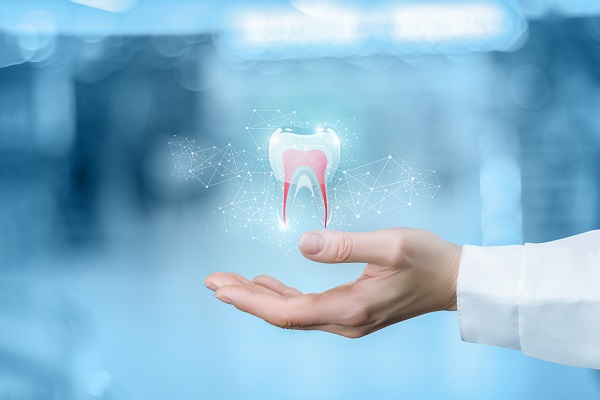6 Soft Foods To Eat After Dental Implant Surgery

The recovery period after getting dental implants is not exactly a vacation for patients, but the process can be made more pleasant and tolerable by having a good aftercare routine in place. Successful dental implant surgery requires not irritating the area for a week or more following the procedure, which includes avoiding certain foods.
What to eat after dental implant surgery
The dentist should provide detailed information about how to recover following surgery, including information on what to eat and what food types to avoid. Along with good oral hygiene, the following are six soft foods to consider eating after getting dental implants.
Oatmeal
Oatmeal checks all of the boxes for a great meal after dental implant surgery. Oatmeal is easy to eat without much chewing, healthy and delicious. In addition to the general health benefits of oatmeal, it is also good for teeth. With a low sugar intake and a texture that washes away easily, the chance of oral infection can be reduced by eating oatmeal and similar food types.
Muffins
Muffins maybe somewhat difficult to eat for the first day or two after surgery, but most people are able to easily eat muffins after the first few days. They are delicious, require little chewing and can be filling, making them a great breakfast or snack option following dental implant surgery.
Soft dairy
Due to the calcium found in dairy products, it is great for your teeth because it rebuilds lost minerals. Great options for soft dairy products include yogurt and milkshakes, which require little to no chewing, are filling and taste great. After several days, many are able to eat scrambled eggs as well.
Soft fruits
Of course, biting into an apple immediately after oral surgery is most likely out of the question, but soft fruits such as bananas and applesauce are perfect. Berries and grapes are typically easy to eat as well. After the first several days, oranges and apple slices are likely okay, although it is important not to irritate the mouth from too much chewing.
Potatoes
There are various recovery-friendly ways to eat potatoes, including mashed potatoes or boiled. The key is to make them as soft as possible to limit chewing. Mashed potatoes are a good way to get the protein you need each day, for example, and they taste great. You can also add gravy to them to make it an even more delicious option.
Soup
Soup is the go-to solution for many while they are recovering from dental implant surgery, and it is certainly acceptable to eat. However, be sure to let the soup cool, as soup that is still too hot may cause irritation to the affected area.
Talk to a cosmetic dentist today
Our cosmetic dentistry team helps patients throughout the entire dental implant process, from the initial consultation to follow-up care after surgery. If you are considering dental implants or are interested in learning more about how to have a successful recovery process following surgery, reach out to us today and schedule a time to come in for your first visit.
Request an appointment here: https://www.newyorkdentaloffice.com or call New York Dental Office at (212) 548-3261 for an appointment in our New York office.
Check out what others are saying about our services on Yelp: Read our Yelp reviews.
Recent Posts
A root canal removes the infected pulp, then cleans and seals the tooth. Many patients may be unsure if there is anything else they need to do after the root canal. The answer is yes; they will need a dental restoration to restore the tooth's functionality. Let us dive into why leaving a treated tooth…
A dental restoration can improve your appearance and dental health. Your dentist can help you prepare for your procedure. The consultation can also tell you how you should care for your new smile. Here are the details if you want to know how to maintain your dental restoration for lasting results.Some fluoride treatments and toothpaste…
Dental restoration is a term used to describe the process of repairing or replacing damaged, decayed, or missing teeth. Several dental restoration options are available to patients, ranging from simple fillings to more complex procedures such as dental implants and crowns. This article will explore some of the most common dental restoration options available and…
A restorative dentist can help transform dental health and restore confidence in your smile. These dental professionals address a variety of dental issues, from missing teeth to damaged enamel. The goal of restorative dentistry is to improve both the function and appearance of your teeth, allowing you to achieve better oral health and renew your…



